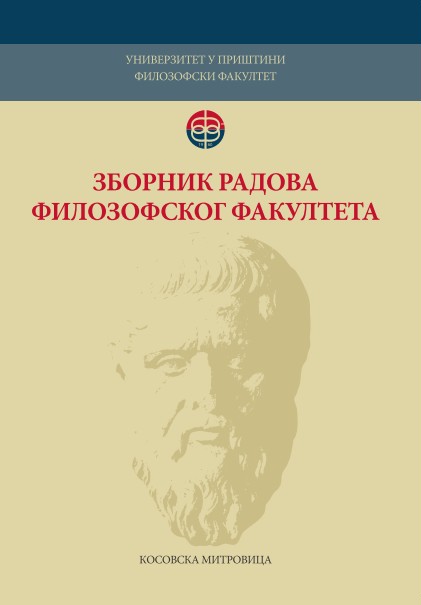Језичка компетенција наставника стручних предмета и интегрисано учење садржаја и страног језика: приказ случаја
Language Competence of Content Teachers in the Framework of the CLIL Approach: A Case Study
Author(s): Nataša Bakić-Mirić, Anita V. JankovićSubject(s): Language and Literature Studies, Foreign languages learning
Published by: Филозофски факултет, Универзитет у Приштини
Keywords: integrated learning of content and language; CLIL; higher education; content teachers; language competence.
Summary/Abstract: Content and Language Integrated Learning (CLIL) promoted by the Bologna Declaration has not yet taken root in universities in the European Union and the Balkans. Some of the main obstacles are the lack of interest of teachers of content subjects in higher education, primarily due to insufficient knowledge of English and/or English for specific purposes, as well as the lack of professional literature. The paper presents the results of a research conduct-ed at a faculty of the University of Priština in Kosovska Mitrovica, which aimed to determine whether the application of CLIL teaching is applicable and identify the problems teachers face most often when teaching in a foreign language. For the purpose of this research, a qualitative method was used. Sixteen (16) teachers took an oral test in December 2020. This specialized oral test consist-ed of 15 questions and was designed to test the competencies of teachers for teaching content subjects in English. Also, for the purposes of this research, two questionnaires were forwarded: a) to students after an experimental lecture in English b) to teachers of a foreign (English) language at the said faculty.We can conclude that both teachers and students believe that teaching and learning content in English is very important and that knowledge of English is necessary for professional advancement. However, the number of teachers of vocational subjects who were willing to be tested orally, the test results and the opinion of foreign language teachers on the application of this approach at this faculty, are indicators that for now its application is, unfortunately, far fetched. In order to ensure the quality of teaching and learning, it is necessary to aim at the sustainability of the CLIL approach and at the systematic training of teachers in order to create programs that conceptualize the integration of content and language, connect subject and language teachers and specialists at all levels.
Journal: Зборник радова Филозофског факултета у Приштини
- Issue Year: 51/2021
- Issue No: 4
- Page Range: 51-67
- Page Count: 17
- Language: Serbian

